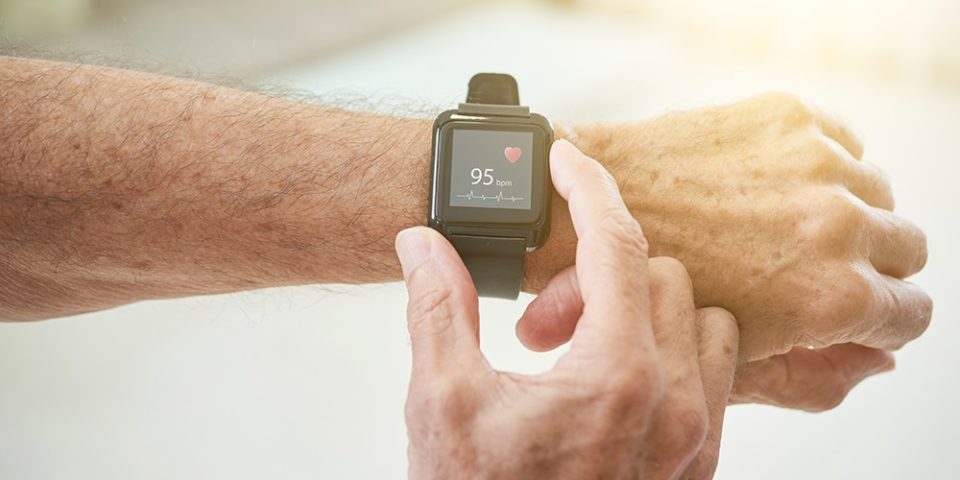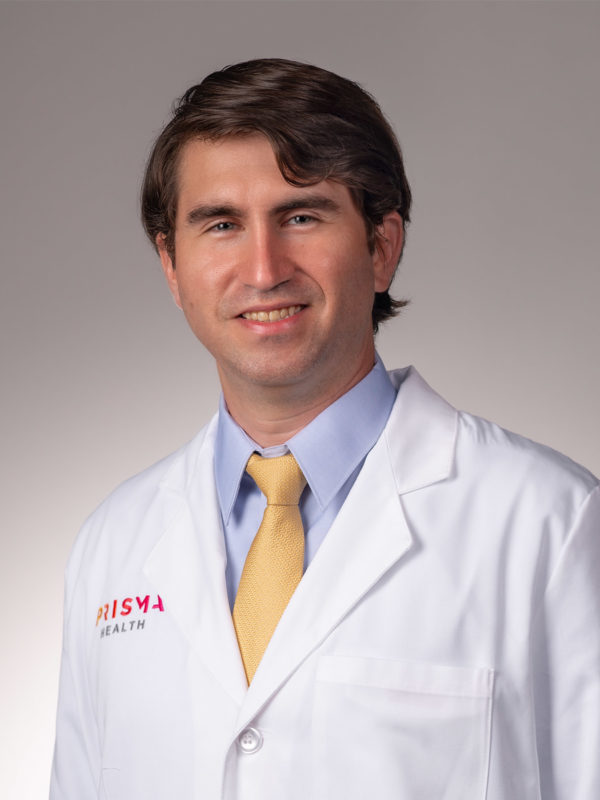Are fitness trackers or smartwatches helpful for your heart?
Fitness trackers or smartwatches have become a popular way to keep track of your heart rate and activity level. But you may be wondering how they actually work. Are they accurate? Should someone with heart disease use them to monitor their heart? Cardiac electrophysiologist Benjamin Holmes, MD, provided some insight.
How do fitness trackers work?
Most of these devices rely on a technology called plethysmography which uses LED light to detect variations in blood volume underneath the device’s sensors. The beat-to-beat changes represent the heart rate or pulse rate. Some devices can even provide a limited electrocardiogram (ECG) by recording the electrical impulses of the heart.
Should people with heart disease use these devices?
“Studies have shown that these devices, under the proper supervision of a healthcare provider, can aid in the diagnosis of arrhythmias like atrial fibrillation (AFib) and help those patients monitor their heart,” said Dr. Holmes. Some of these devices are able to detect abnormal heart rhythms, or arrhythmias, by keeping track of heart rate variability or the irregularity of the pulse. They can automatically notify you of a potential abnormal heart rhythm.
Certain fitness trackers or smart watches can provide a cost-effective alternative to help screen at-risk individuals for arrhythmias. In some patients, they allow for more timely intervention such as taking blood thinners to reduce the risk of a disabling stroke. They also have the potential benefit of helping patients understand their condition by connecting other symptoms they may be experiencing with arrhythmia. “These devices can help patients engage more fully in their own health, managing their arrhythmias,” said Dr. Holmes.
It is important to work with your healthcare provider to determine if a fitness tracker or smartwatch is a good option for you if you have heart disease or are at risk for heart disease. Make sure the device you select has the functions you need to track your heart properly.
Find a cardiologist you trust
We make it easier to get the care your heart needs, with cardiologists located near you.
Learn More

